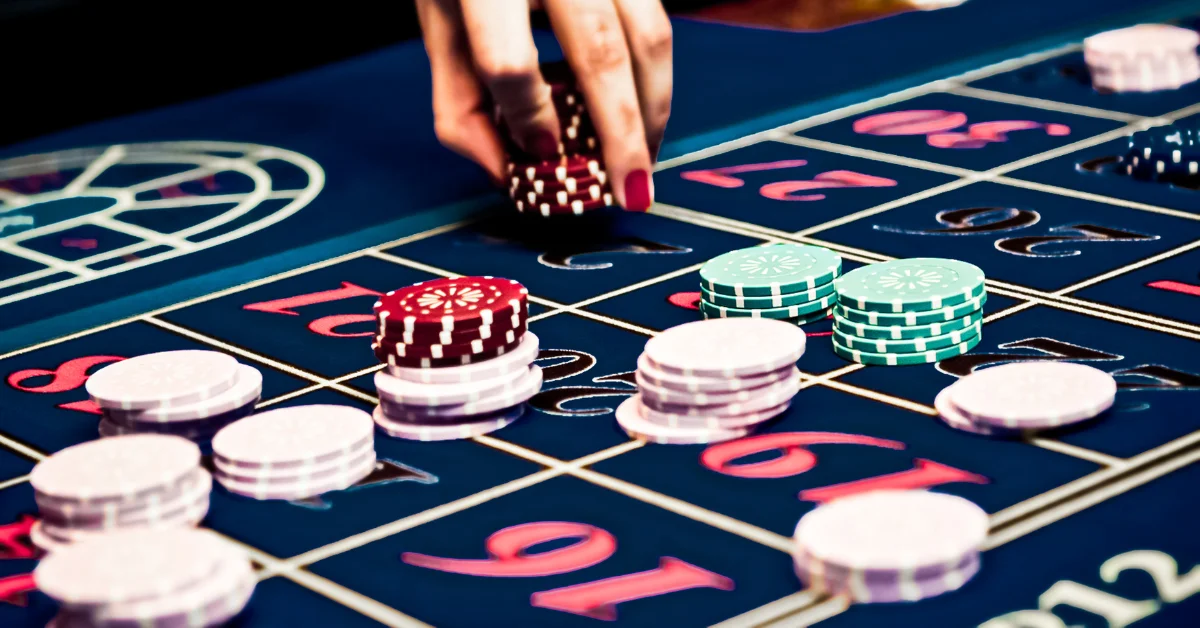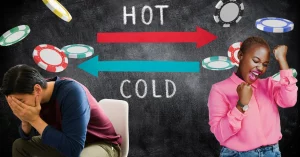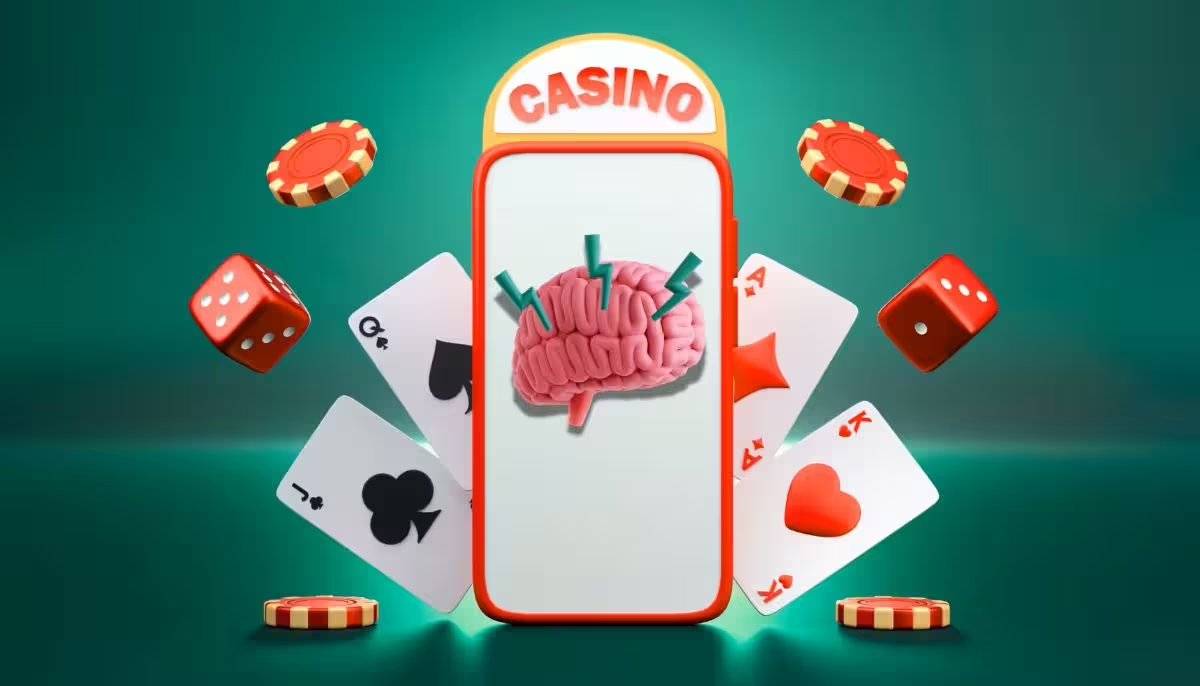A Statistical Approach to Debunking the Hot Hand Fallacy

The concept of the hot hand fallacy is defined as an irrational belief where a person who is experiencing a streak of success in a particular activity is perceived to have increased odds of continued success in future attempts. And this fallacy is most frequently associated when it comes to sports and gambling.
Take, for instance, a basketball player who successfully makes his initial five shots in a game. Observers might anticipate that the player will keep hitting nothing but net due to a ‘hot streak,’ without stopping to take into account the player’s overall shooting average.
This reluctance to face the reality of pure chance is a big reason why casinos and sportsbooks, whether online or physical, rake in huge profits from bettors. Many gamblers assume that their winning streak will stay winning, completely ignoring the fact that most casino games are reliant on chance and past outcomes do not influence future ones.
On the other hand (lol), the gambler’s fallacy is the opposite belief, where it is assumed that a person’s luck will turn around after a losing streak, expecting wins to be right around the corner. It is based on the misconception that a continuous streak of a negative outcome decreases its likelihood in the future.
Since this phenomenon is so prevalent in gambling, we are going to throw some cold water over any believers by debunking the hot hand with a statistical perspective.

Origin of the Hot Hand Fallacy
In 1985, Thomas Gilovich, Robert Vallone, and Amos Tversky, three pioneers in behavioral science (collectively known as GVT), first articulated this fallacy. They defined it as the human error of predicting future outcomes based on a limited series of successful results. They used the example of basketball players believed to continue scoring after making several shots in a row.
Their study with the Cornell University basketball team aimed to determine if players’ shooting improved during a streak of successful baskets compared to a streak of misses.
The study revealed no significant difference in shooting percentages following a streak of hits or misses. Despite this, coaches and players often believed that short-term performance was indicative of future game performance, overlooking actual statistical data.
GVT’s findings, initially met with skepticism and dissent, especially from notable figures like Hall-of-Fame basketball coach Red Auerbach and some in the academic community, eventually gained widespread acceptance in scientific circles.

Reasons Behind the Fallacy
The hot hand fallacy seems intuitive to many because of a human tendency to anticipate continued success following a streak of victories. It obscures the understanding of actual win probabilities by attributing patterns to random data. People often expect outcomes to alternate more frequently than they do.
Another contributing factor is the law of small numbers, where people mistakenly believe a small sample size accurately represents a larger population, often leading to perceived but nonexistent patterns in larger data sets.

Impact on Betting
In sports betting, a team’s winning streak often leads to increased bets on their next game. However, betting based on the hot hand fallacy may lead to overestimation. A team on a winning streak might have a higher chance of losing than bettors realize. Conversely, teams on losing streaks might offer better value to bettors as their odds of winning are often underestimated.
In casino games, where outcomes are independent, past results do not influence future ones. For instance, a roulette ball landing on black in one spin has no bearing on subsequent spins.
In sports betting, incorrect probability assessments often lead to over or under-betting on underdogs or favorites, a phenomenon known as the “favorite-longshot” bias. Additionally, players on losing streaks might take riskier bets, while those on winning streaks might do the opposite, aligning with the gambler’s fallacy in believing that a change in outcome is imminent.

How to Counter the Fallacy
To avoid the hot hand fallacy, it’s imperative to recognize that each event is independent of the previous one. The likelihood of winning remains constant in games of chance. This principle is well-understood by casinos, which capitalize on it for profit.
Awareness of these tendencies towards superstition and belief in the hot hand fallacy is key. When engaging in casino games or sports betting, players should remind themselves that the game has no memory and that each hand or spin is a new, independent event. Taking a break and internalizing the randomness of these events can help avoid this cognitive bias and help you gamble responsibly!
Takeaways
To sum it all up, the hot hand and gambler’s fallacies are more than just interesting psychological concepts; they reveal how humans try (and want or need) to find order in the chaos and predictability in randomness.
These fallacies don’t just appear in the world of sports betting or at the casino but in everyday aspects of our lives, and they influence big and small decisions. Acknowledging and understanding these fallacies can help us see the world more clearly—it reminds us to take a breath, step back, and see the bigger picture.
By doing so, we can combat the urge to see patterns when there are none and approach life’s unpredictable moments with a more balanced mindset. This awareness makes us smarter in games of chance and assists our decision-making process in the messy, unpredictable game of life.

Alyssa contributes sportsbook/online casino reviews, but she also stays on top of any industry news, precisely that of the sports betting market. She’s been an avid sports bettor for many years and has experienced success in growing her bankroll by striking when the iron was hot. In particular, she loves betting on football and basketball at the professional and college levels.








